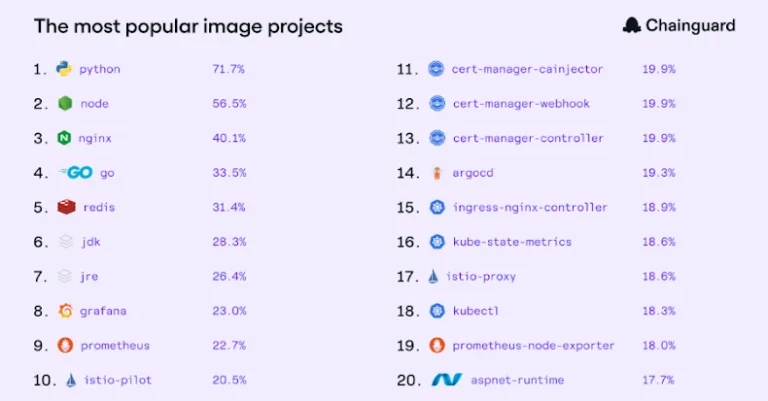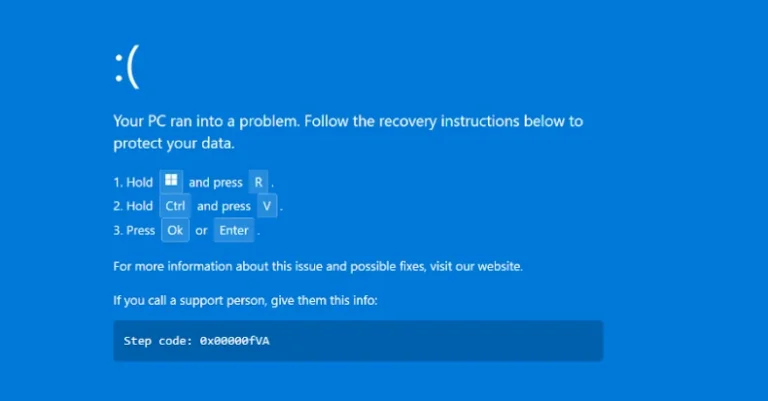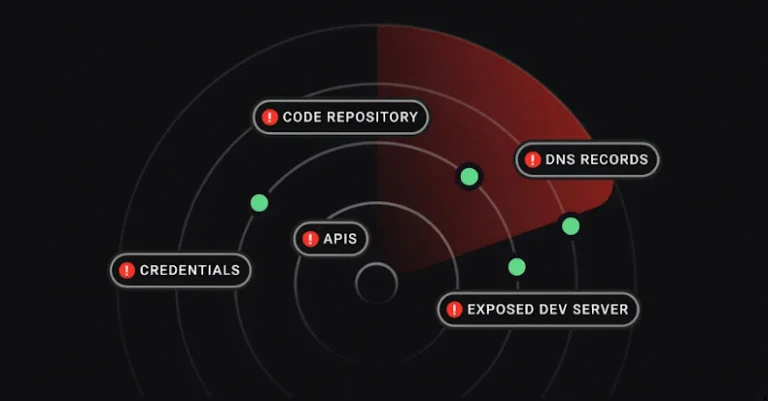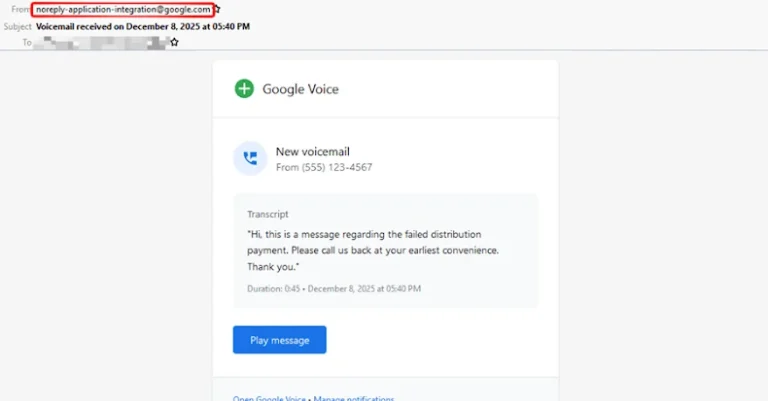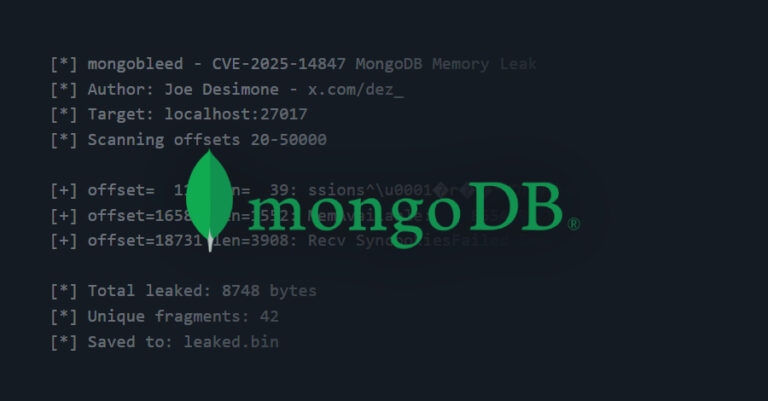The State of Trusted Open Source
Chainguard, the trusted source for open source, has a unique view into how modern organizations actually consume open source software and where they run into risk and operational burdens. Across a growing customer base and an extensive catalog of over 1800 container image projects, 148,000 versions, 290,000 images, and 100,000 language libraries, and almost half…

